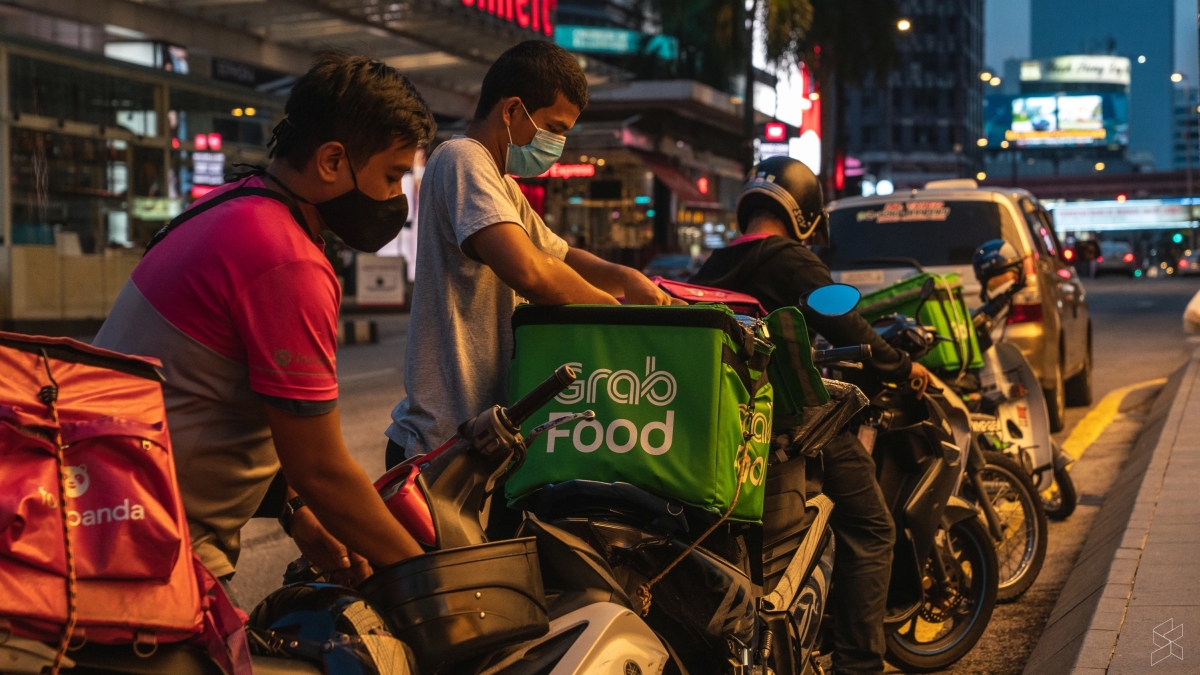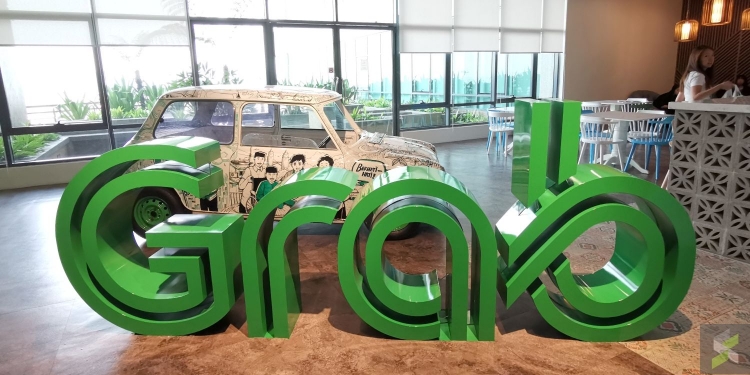Grab’s chief executive officer and co-founder Anthony Tan announced that the company was shedding slightly less than 5% of its workforce in a blog post dated 16 June. Tan said a total of 360 Grab employees across Southeast Asia are affected by the layoffs.
Grab has become one of the most valuable startups in Southeast Asia operating in Singapore, Malaysia, Cambodia, Indonesia, Myanmar, Philippines, Thailand and Vietnam. It is one of the region’s largest “unicorn” companies. Founded out of Malaysia in 2012, the company has expanded its services beyond ride-hailing services (GrabCar) as it is also a major player in the food delivery business (GrabFood) and payment services (GrabPay).
The Singapore-based company’s business has been adversely affected by Covid-19 since February. As it became clear that the pandemic would result in a prolonged recession, Tan said the company had to prepare for a long recovery period.
Despite reeling in spending and implementing pay cuts of up to 20% for its senior management, Grab said it needed to be a leaner organisation to tackle the challenges of the post-pandemic economy. The company said it will eliminate some non-core projects, consolidate functions and reallocate staff for greater efficiency.
Grab’s ride-sharing services were severely impacted during the Movement Control Order (MCO) period with almost no demand from passengers due to social distancing measures. Grab had redeployed many of its drivers to perform deliveries as customers forced to stay at home were ordering food from restaurants.

Tan said Grab was able to save many jobs through the redeployment of its resources and contributed it as the main reason the reduction of staff was just under 5%. He assured staff that this would be its last organisation-wide layoff for 2020.
Despite the challenging economic circumstances, Grab’s board and leaders have remained bullish on their business outlook. It intends to adapt its core verticals which include ride-hailing deliveries, payments and financial services to meet the challenges of the new normal. Grab also expanded its support for small businesses by helping them embrace the digital economy. It hopes that these steps will put it on the path towards sustainability.
Staff affected by the layoffs were notified by email on 16 June, 1 pm. Grab employees that were laid off would receive severance pay as well as enhanced separation payment; a waiver of annual cliffs for equity vesting; medical insurance coverage until the end of the year; encashment of unused accrued annual leave and unused GrabFlex credits maternity and paternity leave encashment. Expecting parents will also receive encashment of their parental benefits. Employees are also given the option to keep their work laptops to help them search for their next job.
Editor’s note: A previous version of this story incorrectly stated that Grab was the only unicorn in Southeast Asia. It has since been corrected. We regret the error.







